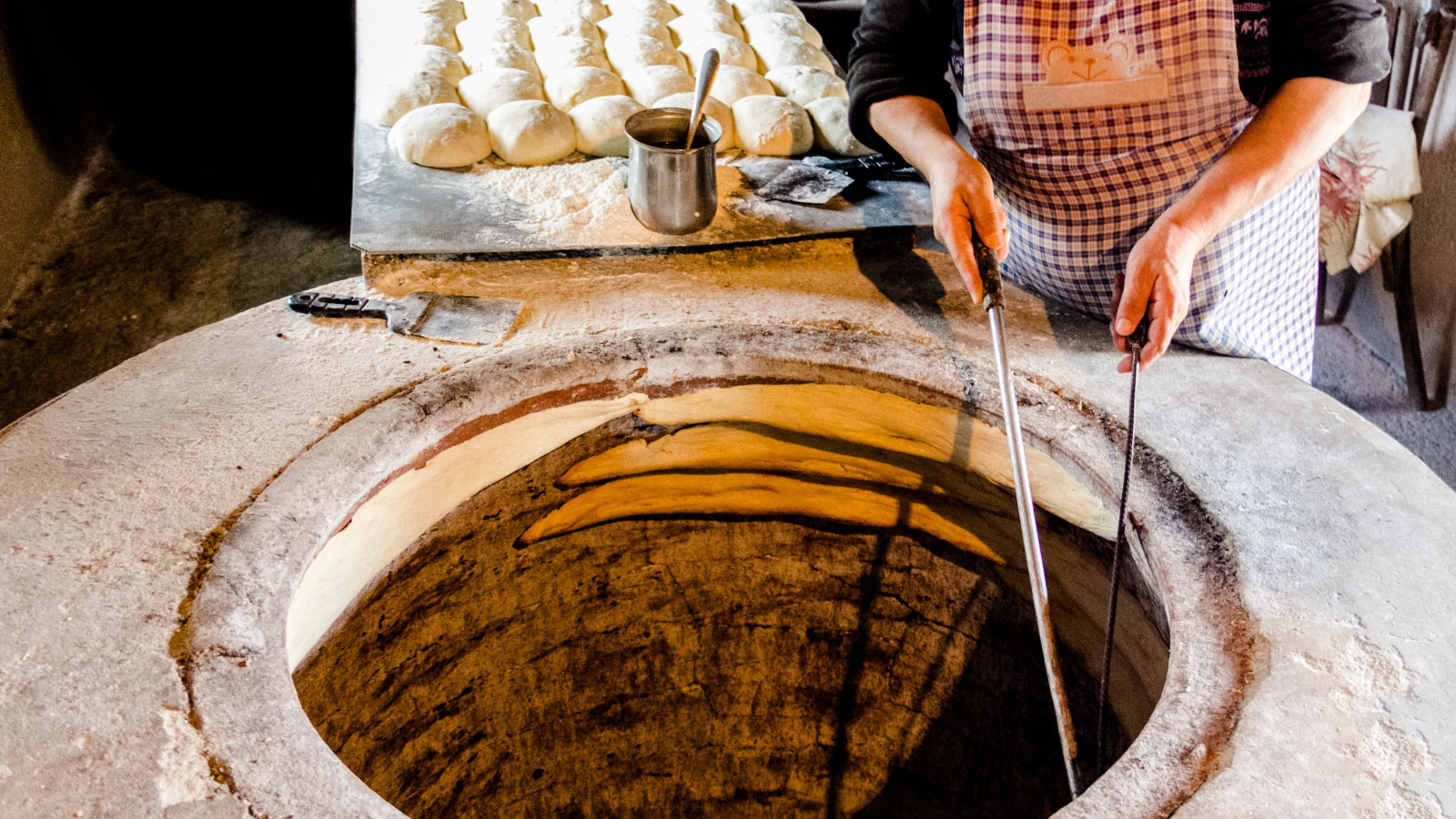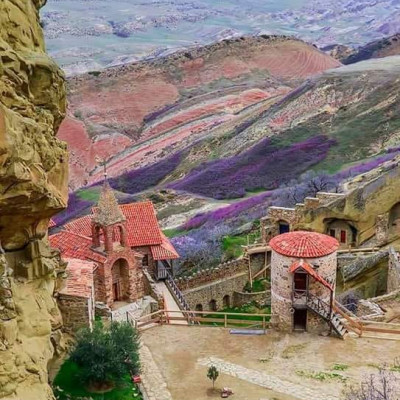
Stepping into a Georgian market is like entering a vibrant world where colors, smells, and flavors come together in perfect harmony to tell the story of centuries-old culinary traditions. From the bustling stalls of Tbilisi’s Deserter Bazaar to the coastal charm of Batumi’s central market and the highland authenticity of Telavi’s farmer spaces, Georgian markets are more than just shopping destinations—they are cultural experiences. Here, locals sell their handmade churchkhela (a candy made from grape must and nuts), freshly baked puri (traditional bread from clay ovens), colorful spices, sun-dried fruits, natural honey, fresh herbs, seasonal vegetables, home-preserved pickles, and regional cheeses such as sulguni and guda. The air is rich with the scent of coriander, blue fenugreek, tarragon, and smoked meats, creating an irresistible invitation for food lovers. Every corner hides a unique story: women in traditional dresses selling mountain herbs, cheese vendors offering free tastings, and butchers proudly displaying their local cuts. Visitors can witness the authentic Georgian hospitality as sellers enthusiastically explain how to cook dishes like kharcho, lobio, or chakapuli. It’s not uncommon to be offered a glass of homemade wine or chacha while chatting about family recipes passed down for generations. Beyond food, the markets are full of handicrafts, wooden utensils, clay pots, woolen socks, and embroidered textiles, reflecting the rich traditions of each Georgian region. These markets preserve the rhythm of rural life, offering seasonal produce that mirrors the country’s natural diversity—from Kakhetian grapes in autumn to Imeretian tangerines in winter. Exploring a Georgian market is also a sustainable way to travel: supporting small-scale farmers and artisans helps preserve ancient methods and local economies. Whether you’re buying a handful of walnuts, a handwoven basket, or just soaking in the lively atmosphere, visiting a Georgian market is an unforgettable journey through taste, tradition, and human connection. It is in these bustling marketplaces that the soul of Georgia lives on—alive, flavorful, and full of heart.






 Deutsch
Deutsch
 русский
русский
